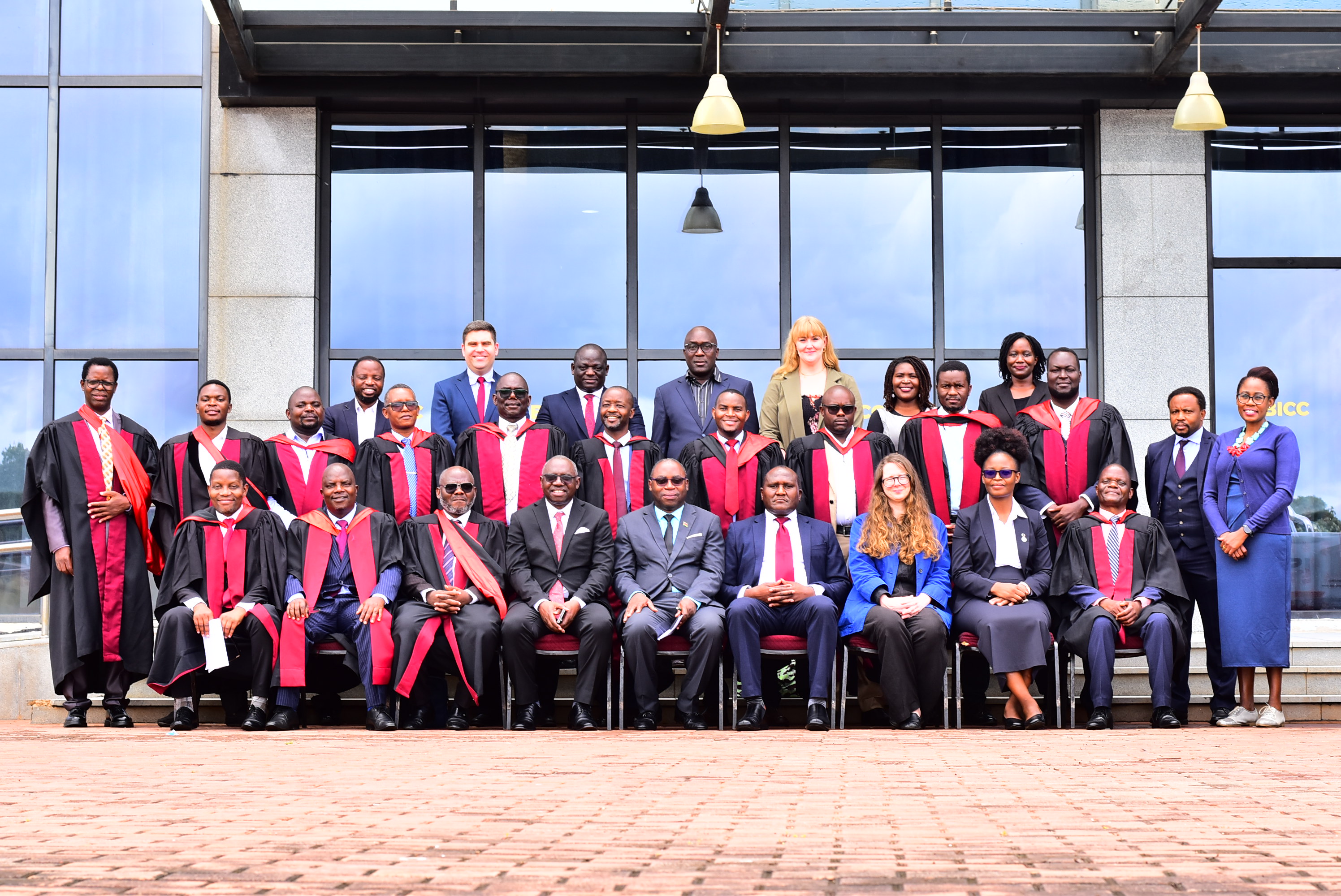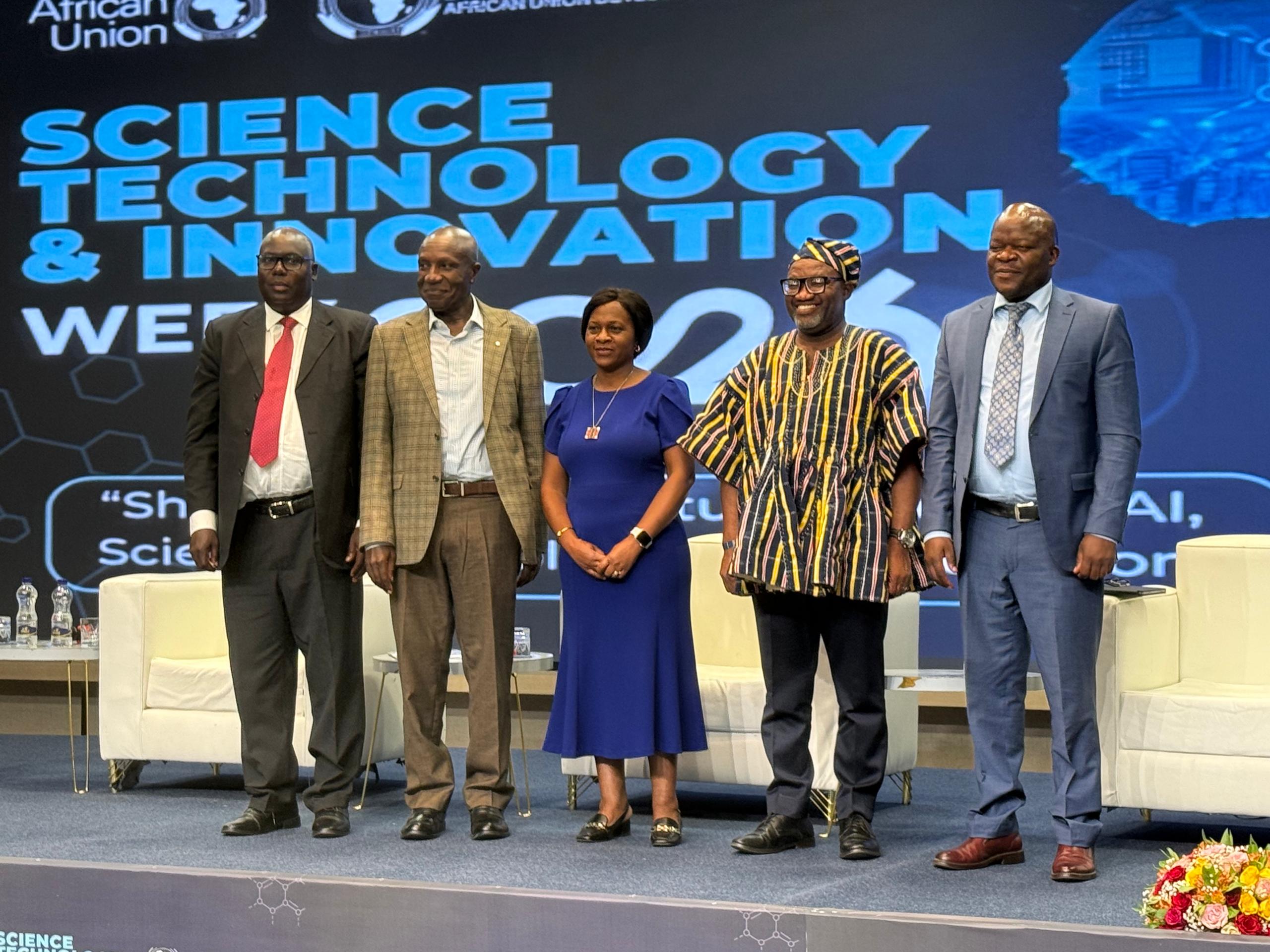MEDIA EDITORS SENSITIZED ON BIOTECHNOLOGY AND BIOSAFETY
 The National Commission for Science and Technology in collaboration with the Program for Biosafety Systems (PBS) recently conducted a sensitization workshop for editors of media houses. The workshop which took place at Mt Soche Hotel on 17th and 18th August was on the basics of Biotechnology and biosafety. Mrs. Gift Kadzamira, Head of Documentation Services opened the workshop on behalf of the Director General. In her remarks she highlighted on the importance of the media saying they set the agenda for important national issues and therefore indicated that making them knowledgeable on such a matter is crucial as Malawi depends on Agriculture and for the country’s productivity to improve Malawi will have to consider adopting a number of tools including biotechnology.
The National Commission for Science and Technology in collaboration with the Program for Biosafety Systems (PBS) recently conducted a sensitization workshop for editors of media houses. The workshop which took place at Mt Soche Hotel on 17th and 18th August was on the basics of Biotechnology and biosafety. Mrs. Gift Kadzamira, Head of Documentation Services opened the workshop on behalf of the Director General. In her remarks she highlighted on the importance of the media saying they set the agenda for important national issues and therefore indicated that making them knowledgeable on such a matter is crucial as Malawi depends on Agriculture and for the country’s productivity to improve Malawi will have to consider adopting a number of tools including biotechnology.
The main objective of this workshop was to sensitize the editors on issues of biotechnology and biosafety. The idea to come up with this workshop came up after reporters who had been sensitized before lamented that it was still difficult to bring biotech stories in the media because their editors, who are the content managers and gatekeepers still do not understand the subject and find it very difficult to publish or air any news related to GM crops. It was however pleasing to note that after the two days training the editors expressed satisfaction at the level of awareness that they had assimilated. At the very beginning of the workshop some confessed to have zero knowledge of biotechnology. At the end of the meeting it was satisfying to note those who confessed to be at zero claimed to have acquired up to 50% level of knowledge.
The editors were taken from all the major media houses of the southern region including Malawi Broadcasting Corporation, The Nation and many others. The presentations were framed in such a way that the editors would appreciate the biotechnology and biosafety landscape in Malawi and beyond. They were taken through the basics of genetic modification of plants and what is involved. Dr Wisdom Changadeya ably handled this and helped the editors to understand that the GM technology, which is riddled with all sorts of negativity is good science which tends to bring good and beneficial traits to already existing products. At the end of the first day most editors indicated that as they came to the meeting they had a negative impression of GM crops but after having gone through just this presentation they were enlightened and made a commitment to help change the bad narrative that exists. The status of biotech research in the country was also discussed with researchers in the ongoing research for bt cotton and bt cowpea explaining the progress. Another important information that the editors were given is the fact that the research going on in the country is administered through a regulatory framework instituted by the government of Malawi. During the meeting, the editors complained that they find that scientists and researchers are mean with information and that has not helped them to bring out the right information. Since there were a number of scientists and researchers in the room, a commitment was made to improve on this.
At the end of the meeting a number of programmes were suggested and this was the beginning of a great partnership that will see a number of programmes on biotech being aired in the national airwaves. It is hoped that now that the editors are informed they will act as peer educators and that we will see more informed discussion on GMOs in the local media.


